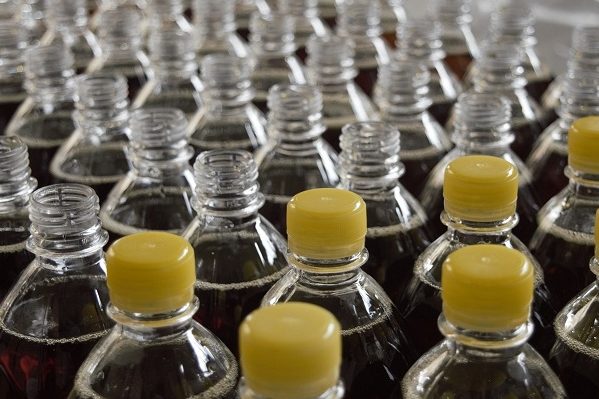News
3 Misbeliefs About Plastic Bottles Recycling

Every year, billions of plastic bottles are thrown away only by Americans. On the other hand, plastic bottles recycling rates by weight have actually increased for the last 25 years and now comprise 951 million pounds.
Although reusing programs are widespread, a plain 23 percent of disposable water bottles are actually recycled. While the weight of recycled plastic has expanded for 25 years, so has the population in the United States. Right here are 3 popular misbeliefs (sometimes not very pleasant) regarding recycling plastic bottles.
Misbelief №1: Recycling plastic always minimizes waste
First of all, producing a lightweight reusable bottles was profitable for businesses, as it is much simpler than putting product in a glass container. Plastic bottles are convenient since they do not damage as easy as glass ones and also are lighter to transport, saving energy. The use of reusable plastic bottles likewise urged centralized beverage production, since there was no need to return glass back to the facility anymore.
Consequently, cities and towns were quickly overwhelmed by the quantities of plastic product packaging in the waste stream. But instead of taking the fall and regulating plastic product packages, companies started to support any recycling campaigns and initiatives making consumers feel guilty. Currently, years later, amount of plastic bottles is hardly regulated, therefore the worry of waste management is placed on city governments and not beverage companies.
Though plastic bottle recycling definitely can reduce waste, it has also prevented managing and motivating even more systemic sustainable methods. There are so many different types of materials in producing plastic containers, that sorting and recycling becomes much more difficult as well as expensive. Now that the rate for plastic is down due to sluggish demand from China, there is less need for the recycled plastic.
Misbelief №2: The existing system of plastic bottles recycling is a great long-lasting option to waste issues
Reusing plastic has actually ended up being unbelievably complex. There are several kinds of plastic made from various types of materials. Lots of plastic recycling collection centers should manually arrange these materials to prevent contamination. This process is both time-consuming and also pricey, although the bright side is that this creates lots of arranging and packing jobs. Because of its complexity, a great deal of plastic containers aren’t in fact recycled. The system typically comes down to simple economics. Is it economically practical to collect, sort and transport the plastics?
Although reusing as a whole is an excellent partial long-term solution to waste management, plastic recycling needs to be simplified to make it more financially viable and effective.
Misbelief №3: Plastic bottles could not be recycled into new plastic bottles
Although this was mostly true in the past, this is altering. Some companies recycle more than 2 billion PET bottles into food-grade post-consumer PET. Their vision is to earn recycled plastic bottles from disposable bottles, not virgin materials. Some drink companies have been raising the need for recycled plastic containers, shutting the loop on recycling.
To sum up, it is important for all of us – both consumers and business owners – to recycle as much plastic as possible, helping the industry to find out better alternatives sooner. Want to make your own contribution or find out new information about plastic recycling? Expert team from iSustain Recycling is ready to help and answer any questions. Contact us to know more.